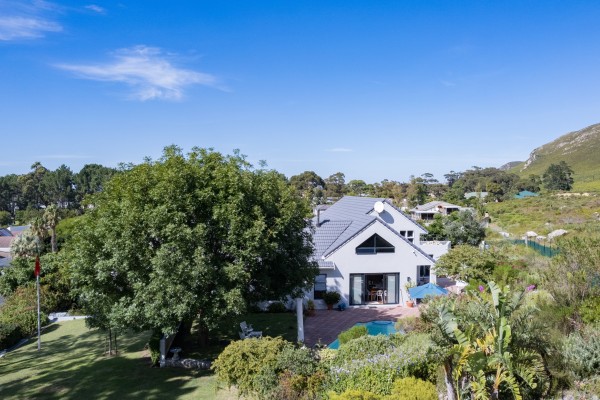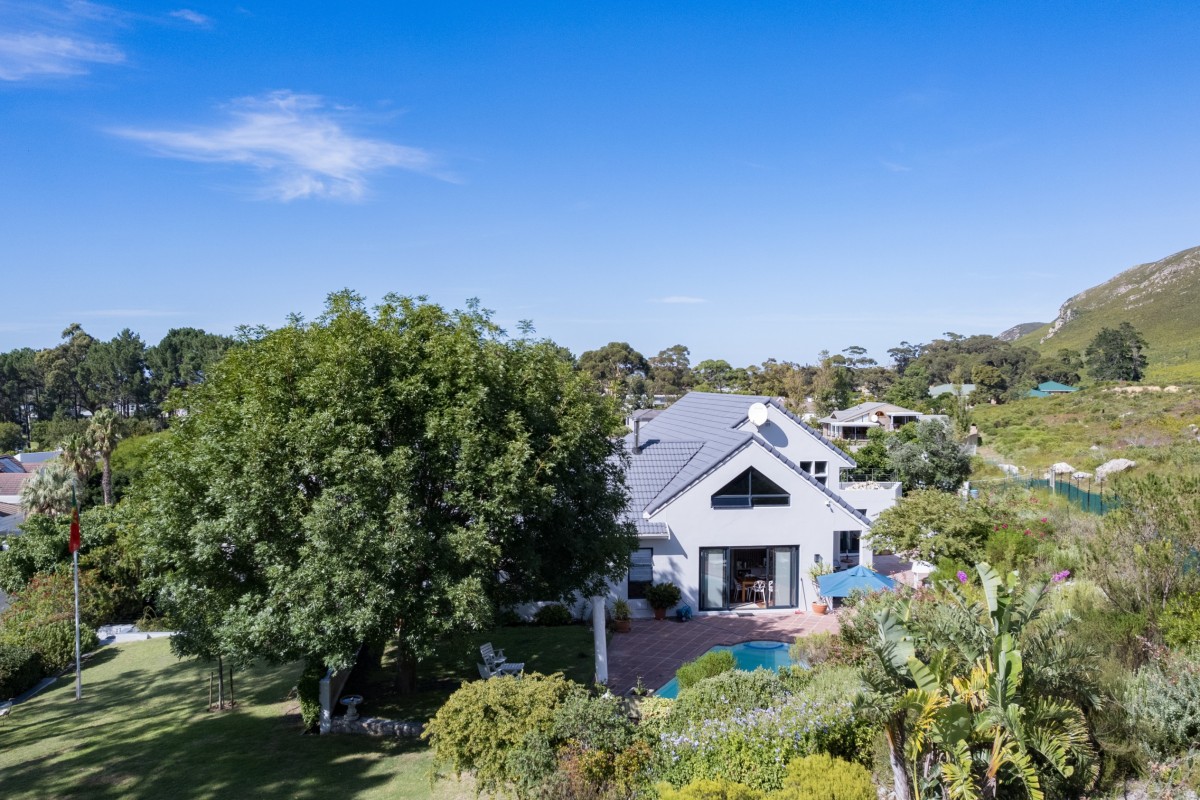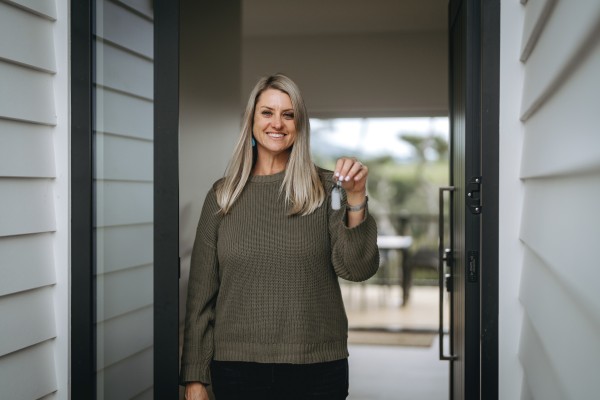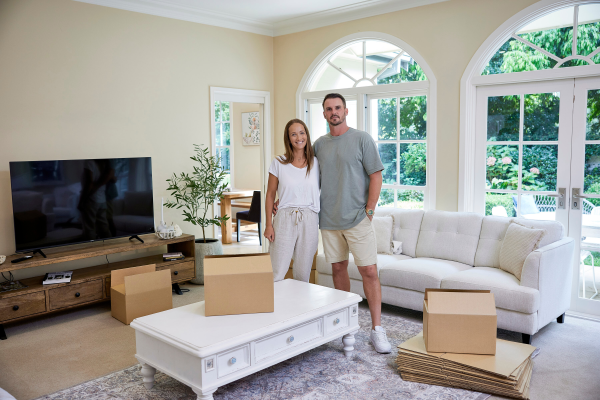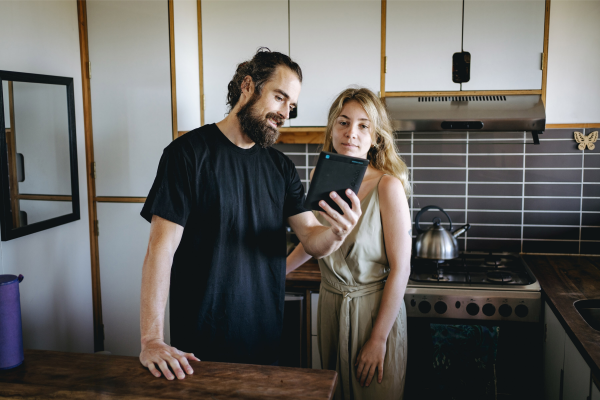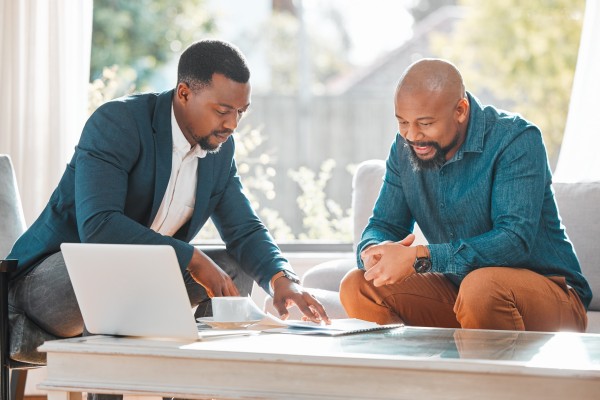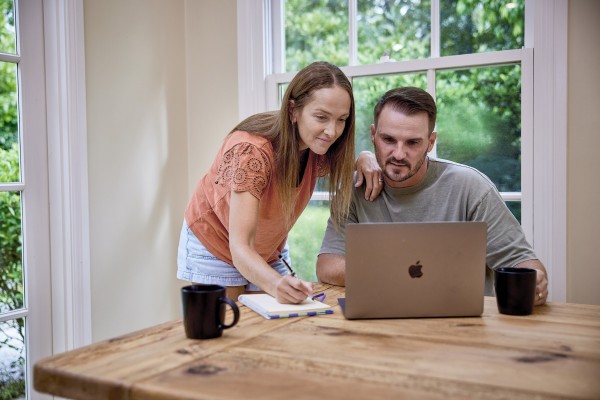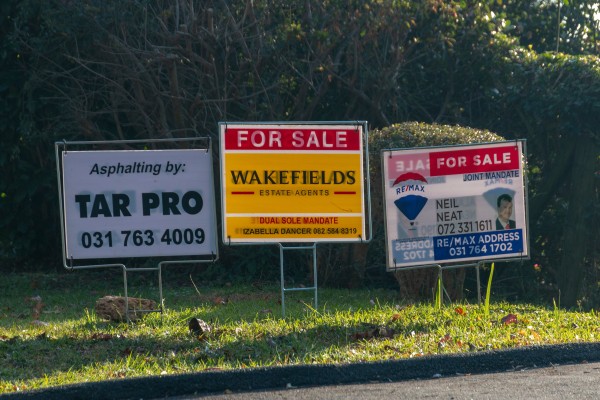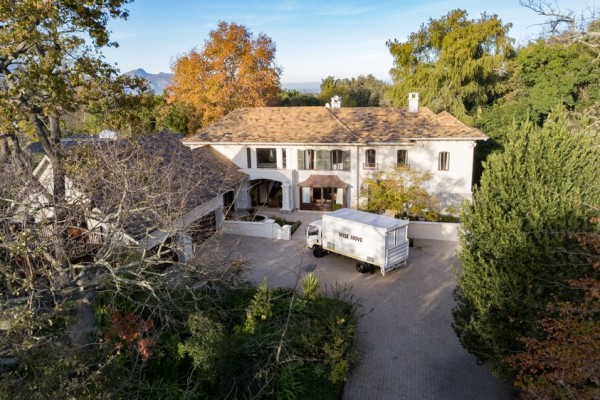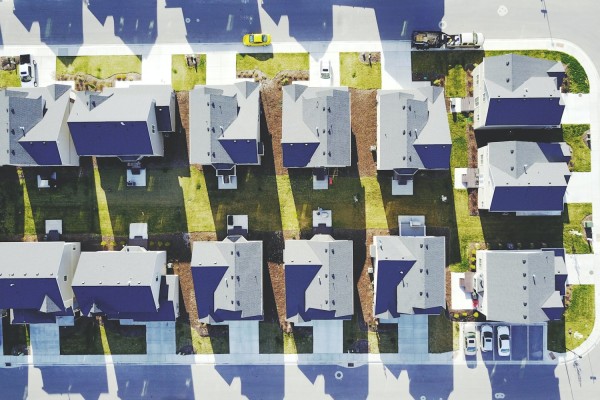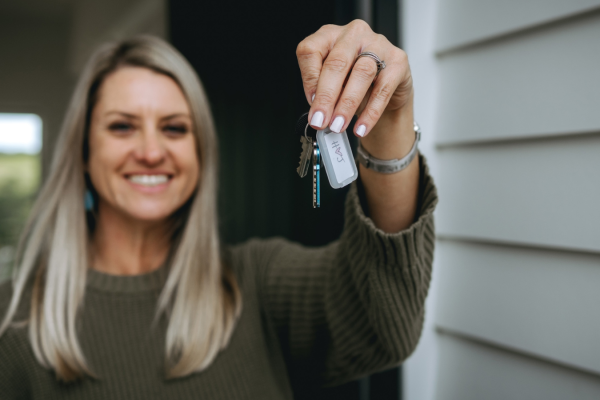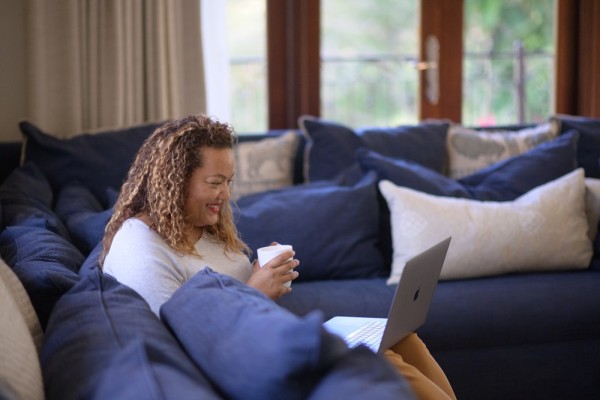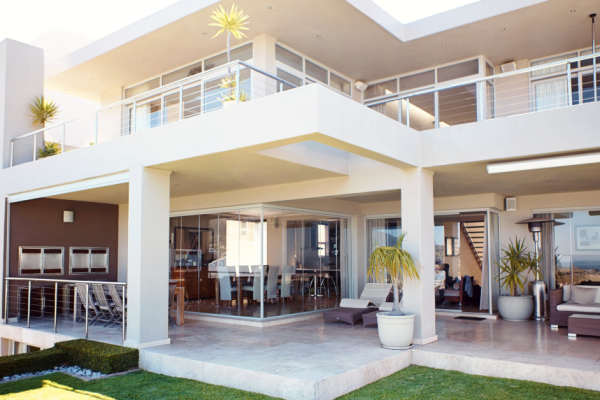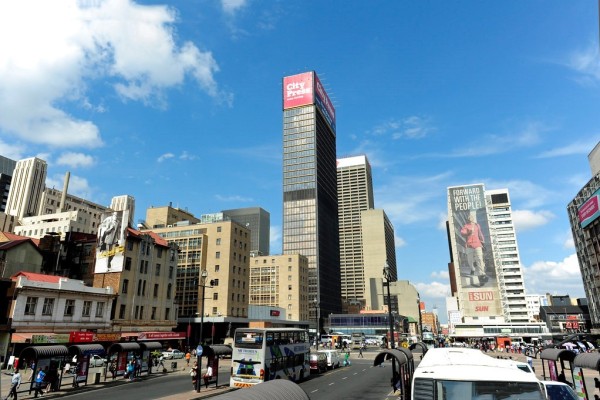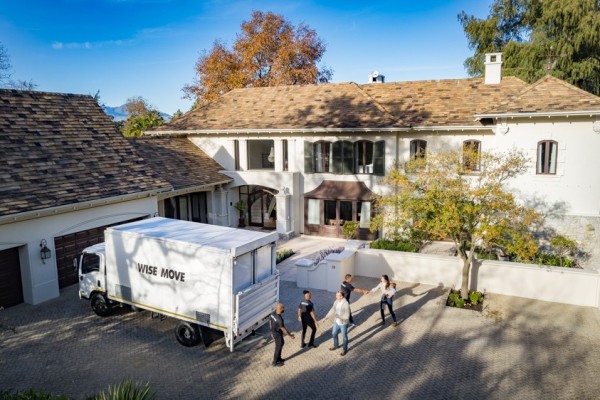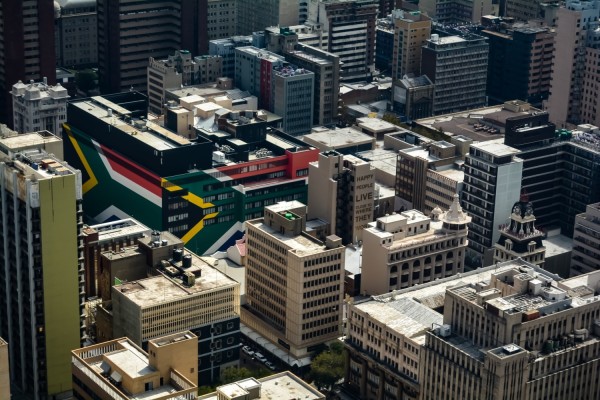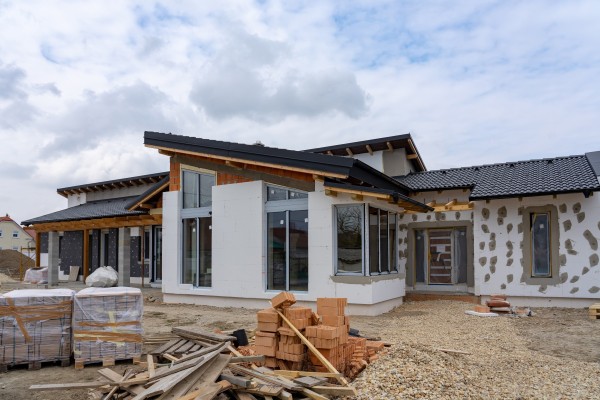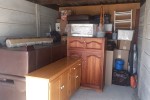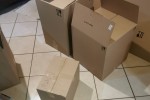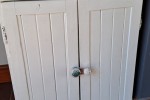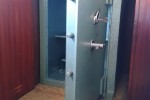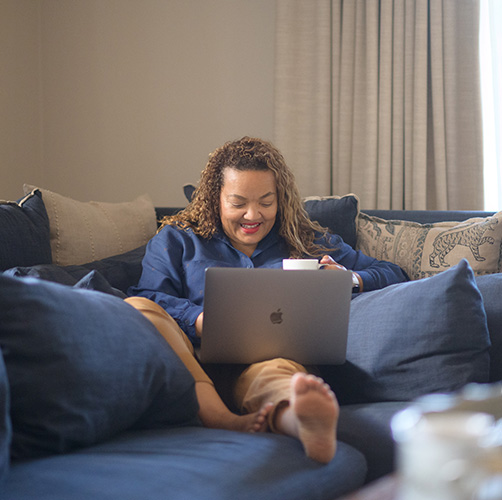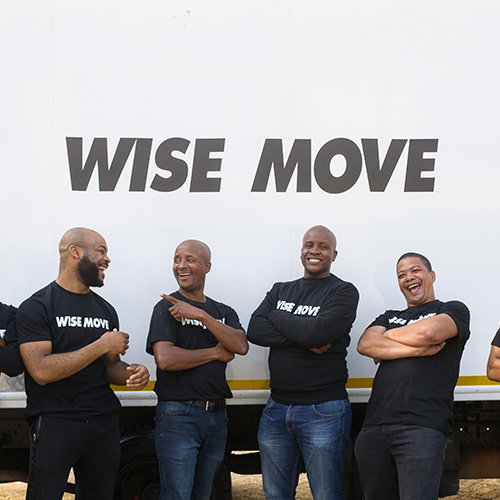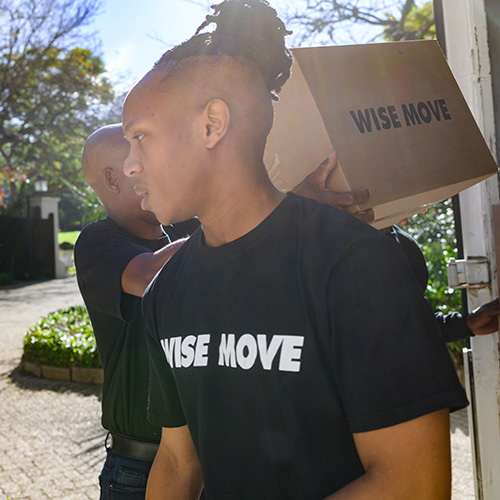
It’s impossible to ignore the effects of load-shedding on South Africa’s economy and mentality. While many will have invested in alternative power solutions for the zonal blackouts, what about South Africans still in the rental market, guest houses, and Airbnbs?
There are loads of questions surrounding this grey area in the rental market, such as the legal requirements, who is responsible for providing a power solution, should a renter even consider investing in purchasing a power solution.
Hopefully, we’ll create some clarity in a
Let’s talk about South Africa’s rental market.
The Current State Of The Rental Market In South Africa

For rental property owners, the market is currently very healthy. According to PayProp Rental Index, the 2nd Quarterly Report 2022 saw a monthly increase of 2.5%, 2.6%, and 2.7%.
Most experts will agree that the current rental market is incredibly healthy.
Average rent increased by R193, climbing from R7,778 per month to R7,971- nearly breaking the R8,000 mark.
At this price point, should landlords / short-term rental owners provide, or at least offer, a solution to the energy crisis?
And what are the legalities of installing backup power solutions into your rental property?
Legalities Of Inverters In A Rental Property

According to a comment submitted by TPN Credit Bureau , when signing a tenancy agreement, it needs to stipulate an addendum that if the rentee installs a backup unit, it can be removed from the property later.
If a tenant installs an inverter into the property’s power box, it will become a fixed feature of the property; it will become the property of the landlord unless there is a prior agreement – in writing and signed by both parties. If the tenant does install a new inverter, they will remove the installation upon the termination of the lease agreement.
It’s in everyone’s best interest to draw up an addendum which will clarify who is financially responsible for maintenance and operating costs and who is responsible for providing an electrical certificate of compliance with the installation.
According to TPN Credit Bureau a tenant’s landlord is not legally obligated to provide generators or inventors.
While this may seem like a headache, alternative power solutions can hold several benefits for landlords and real estate agents.
Power Supply Is A Must In High-End Rentals

While most South Africans battle with the realities of the power crisis, it is a must in the high-end rental market.
A poll on an Airbnb host social media page asked what their opinion was on rental properties and inverters.
With property owners in Plettenberg Bay, 63% stated there was an increase in their bookings thanks to installing an alternative power source.
While in the same region, 36% of owners said they were not interested at this stage (sorry about the pun) in installing an inverter. And the last 1% have considered it but have held off.
When the poll was presented to Camps Bay property owners, 71% said that installing a power alternative on the property increased the potential of people booking.
Also, 15% were considering it, and 14% were not interested as yet.
Both areas are popular areas for tourists and are high-value areas. One Camps Bay Real Estate agent stated that “It’s a must to have the basics, such as lights, plugs, and WiFi. After all, guests must be able to cook.”
But when a guest could be paying R72,500 a night for a villa in Camps Bay , there’s no confirmation that the mansion has an alternative power system in place.
This will have to change, with load-shedding becoming a daily occurrence.
“I’m sorry, especially if you have a villa and charge your clients big money. But providing a power solution is a must!" - Airbnb Owners Camps Bay
How Much Of An Investment Is It To Take A Home Off-Grid?

If you want to avoid any issues for your tenants, you can invest in a simple inverter and battery setup.
Before purchasing any inverter or batteries, make sure to conduct some research into the peak of electricity consumption that your inverter can handle the load. Be aware if you want to run high-wattage items like a stove or kettle, you will need to increase your investment for a large bank of batteries and a larger inverter.
If you monitor your electricity usage and run energy-efficient items, like using LEDs instead of traditional light bulbs.
For a basic system to run a TV, router, and fridge. If we estimate running all three at the same time, according to EnergyBot:
- A TV uses around 150 watts;
- A fridge uses around 350-780 watts;
- And a WiFi router will roughly use 6 watts.
If you’re looking at powering all these items, you will need an inverter that can handle 2 kW. But most experts suggest doubling your desired power load to 5 kW.
For storing electricity, you will need batteries that are at a minimum of 450 to 500 ah 12 V. You can purchase more batteries and large ones. The budget will directly affect how many batteries you want to install.
For individuals wanting to altogether leave Eksom for their tenants, you will need to install an 8 kW inverter and install at least 16 solar panels with around 460 watts of generating capacity. The last items you need are the batteries; the more you own, the better your capacity of powering appliances when your solar isn’t generating power or at night.
A complete off-grid system can be pricey. But you, as the consumer, can build it up over time.
For those currently renting, you can start investing in batteries. If the property has an inverter, it needs a battery bank to store the energy. Hopefully, more rental properties will install inverters so tenants can use their batteries.
But as we said, before installing any power solution, make sure to get an agreement in writing about roles and liabilities. They can be a great investment and add value to your life or rental unit (and let's face it, they're pretty much a necessity at this point) but knowing what to get and how to get it will make all the difference.
What do our customers say?

What’s happening?
Please notify us of any violations. This information will be kept confidential and shared only with Wise Move.
- It’s inaccurate or incorrect
- If you find it offensive
- It’s something else

